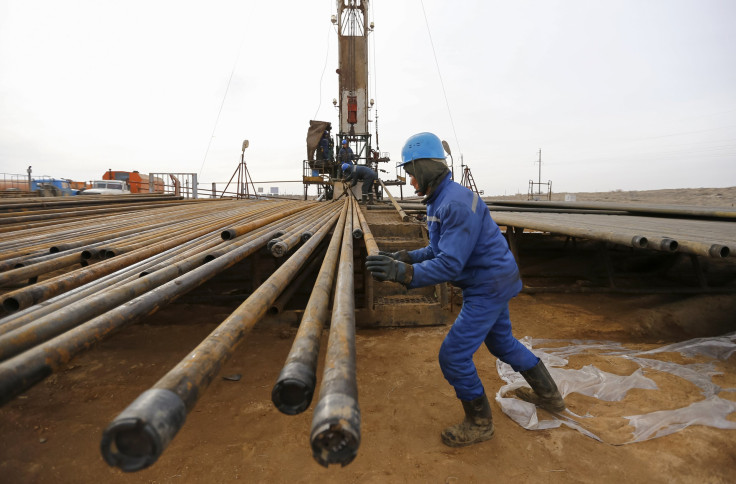Report Warns Oil Industry To Reform

As oil prices tumble, the industry is warned to reform if it wants to survive. That's according to a report by DNV GL, which says companies need to cut capital expenditure and staff, while also putting pressure on the supply chain. Laura Frykberg reports.
Video Transcript:
Consumers may be loving it, the industry certainly isn't.
The plunging price of oil is losing the sector, people, and profit.
A trend likely to continue unless the industry gets real, according to a new report by DNV GL.
"It's having a big affect on the people that work in the oil and gas industry. The cut backs on those investments and last week it was reported that almost $400 billion worth globally of investment has gone on hold. Those cut backs are tens of thousands of jobs in the UK and they're squeezing the supply chain," said DNV GL Oil and Gas Vice President and Regional Manager for the UK and West Africa, Hari Vamadevan.
The report found almost three-quarters of companies surveyed are bracing themselves for sustained low prices.
To weather the storm it recommends reducing their capital expenditure and staff, while putting pressure on the supply chain.
But with more and more countries entering the market, stemming the flow isn't easy.
"It's not so much over supply of OPEC it's really the rest of the world, the Americans, the Russians. Also the lifting of sanctions in Iran, the growth of Libya, Iraq. All those are new growth in production. The Saudis' are pretty much pumping at the same level they have done for quite a while and can probably pump a little bit higher."
The glut in oil has raised the eyebrows of credit ratings agency Moody's.
It's placed 175 oil, gas and mining companies on review for a downgrade.
Saying there's a high risk that a slow recovery will add to stress on firms, already dealing with a 75 percent drop in prices since June 2014.
© Copyright IBTimes 2024. All rights reserved.











